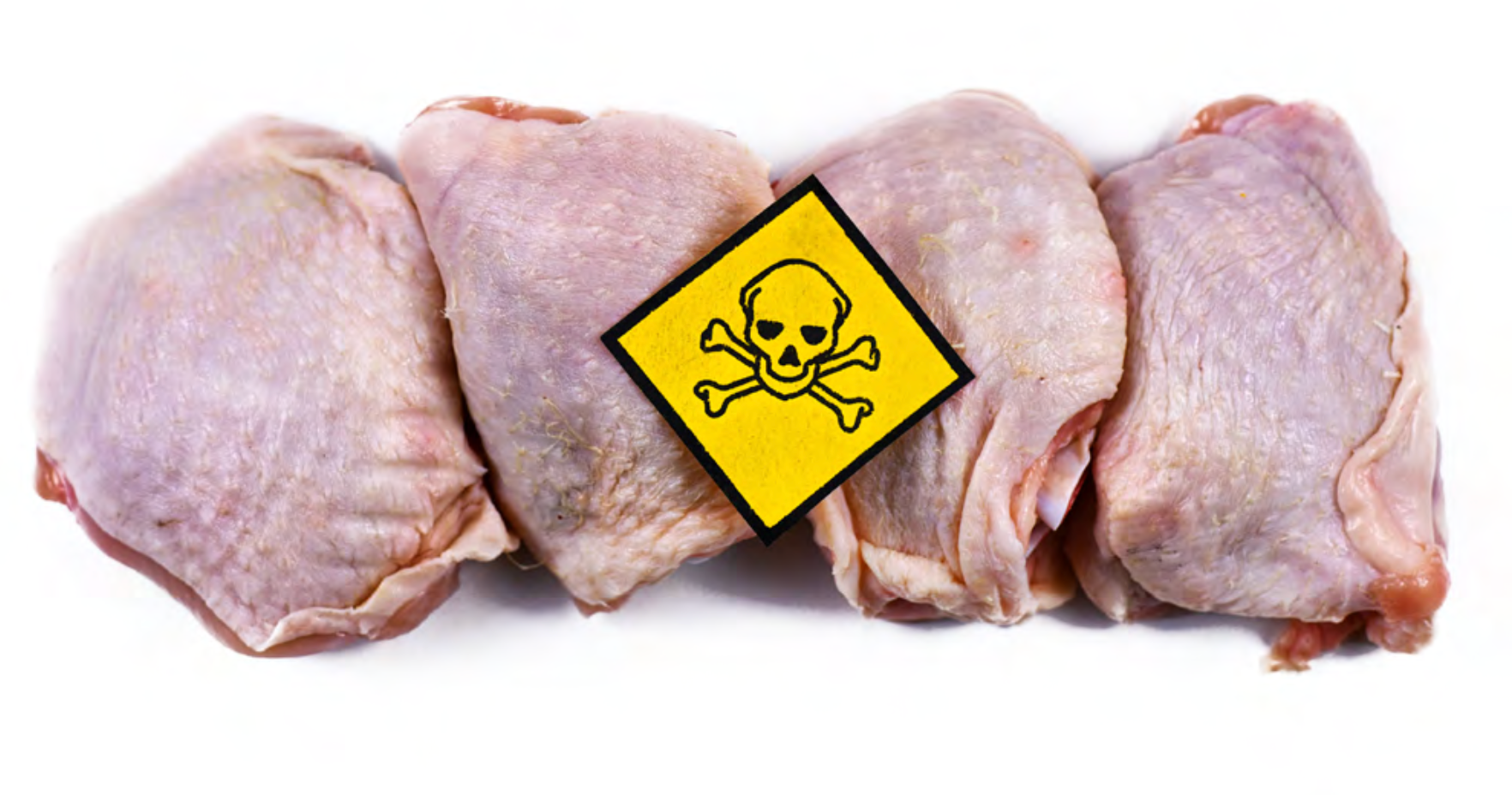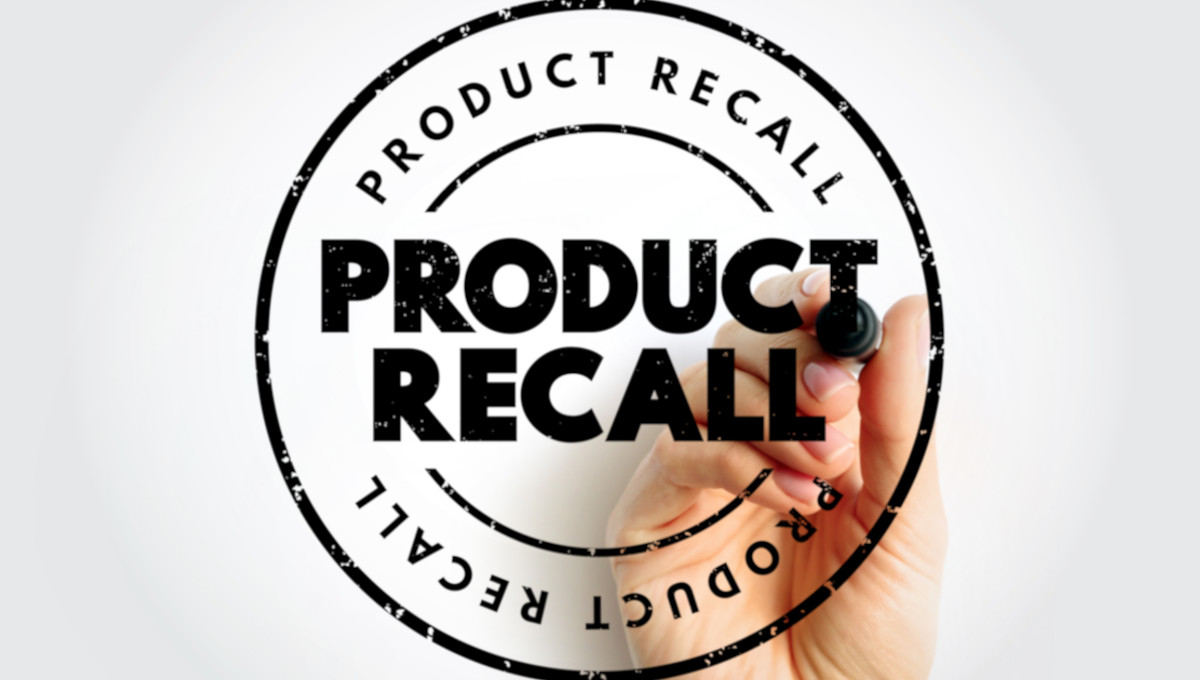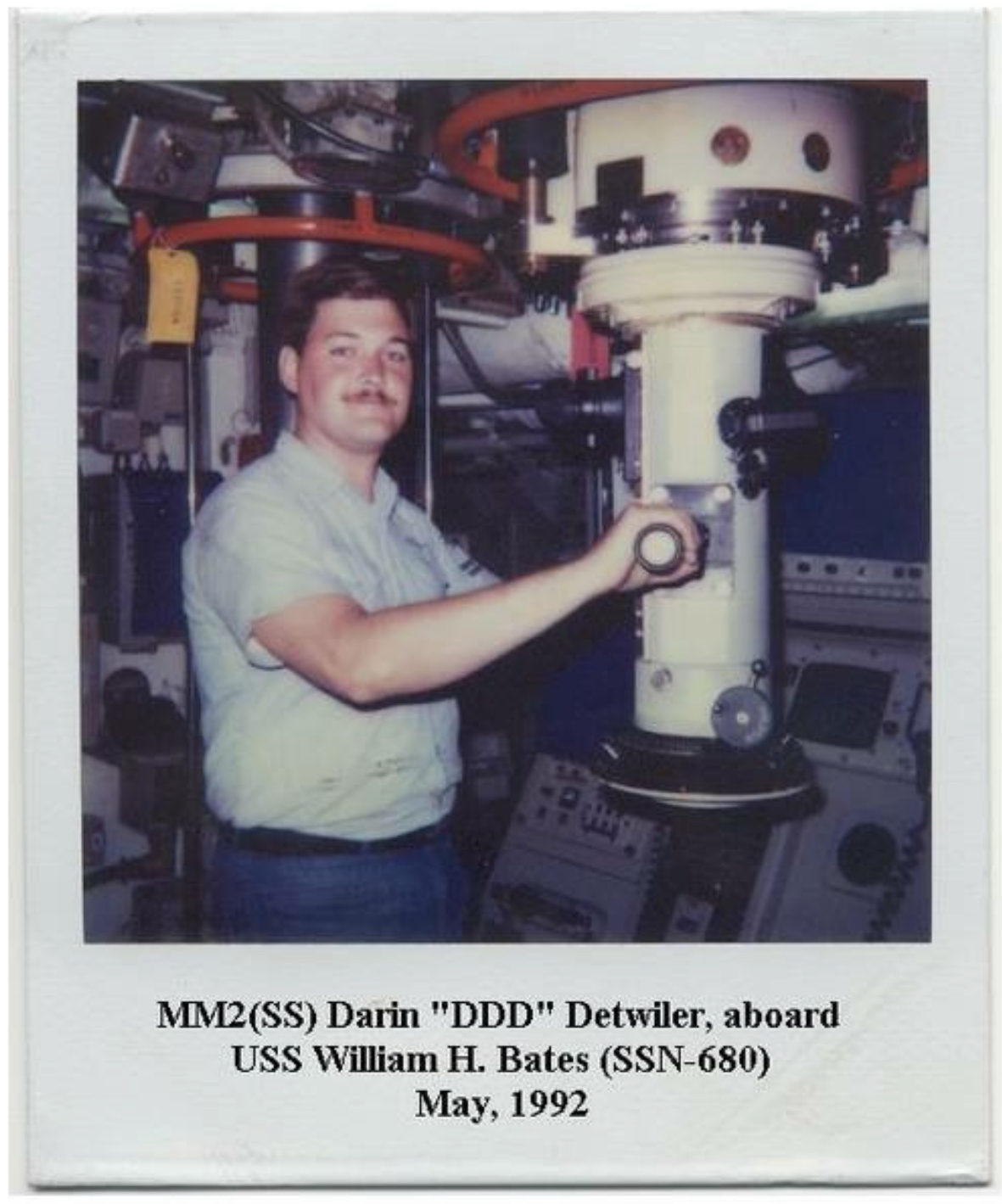— OPINION —
This is Part II of a three-part series marking the 10th anniversary of the Peanut Corporation of America (PCA) sentencing.
With the sentencing of Peanut Corporation of America (PCA) executives — including a 28-year prison term for CEO Stewart Parnell — it seemed that food safety had entered a new era. For the first time, executives were personally held accountable for foodborne illness and deaths caused by corporate negligence.
At the time, I thought that the era of treating food safety failures as mere regulatory infractions was over.
Ten years later, it’s clear that moment was an exception — not a turning point.
Landmark case, limited legacy
Despite a steady stream of deadly outbreaks since PCA, no U.S. food executive has served time in prison for similar misconduct.
What followed instead was a troubling pattern: Criminal fines increased. Prosecutions of executives disappeared.
Consider these cases:
- Blue Bell Creameries (2015): Listeria in its ice cream killed three people. Former president Paul Kruse was eventually charged (five years later.) In 2022, after a mistrial, Kruse pleaded guilty to a misdemeanor violation and paid a $100,000 fine. Blue Bell itself paid $17.25 million, but no one went to prison.
- Chipotle Mexican Grill (2015–2018): A string of outbreaks – norovirus, Salmonella, and E. coli – sickened more than 1,100 people. In 2020, the company paid $25 million to resolve criminal charges. It was the largest food safety fine at the time. Still, no individual executive faced charges.
- Family Dollar (2022): Inspectors found massive rodent infestations at a distribution center servicing hundreds of stores. The company admitted to knowingly distributing contaminated food, medicine, and other products – and paid a record $41.6 million criminal fine in 2023. Again, no executive was charged.
Each of these cases involved systemic failures, preventable harm, and corporate knowledge. Each of these companies engaged in behavior that federal prosecutors once considered criminal conduct in the PCA case … but now seems to be met with civil settlements and corporate PR campaigns. Each ended with escalating fines, press releases, and promises of reform — but no jail time.
The new cost of doing business — fines
There’s no question that these fines are historic in size. But ask any food safety advocate or grieving family: Is it justice?
In my opinion, fines are not justice. Fines are a business expense — easily absorbed, quickly forgotten.
When executives knowingly ignore test results, delay recalls, or dismiss inspector warnings, the result is the same: people get sick, and some die.
The consequence? A financial penalty that hits the balance sheet — not the C-suite.
The test we face now
In 2024, a deadly Listeria outbreak tied to Boar’s Head deli meats led to more deaths than the PCA case. According to USDA FSIS records, the company allegedly ignored numerous federal inspectors’ warnings and left contaminated products on the market. While the lawyers for Boar’s Head’s argued that food safety and quality promises are nothing more than “commercial puffery,” (essentially meaningless marketing language.) However, the parallels to PCA are impossible to ignore.
And yet we are still waiting. Waiting to see if the Department of Justice will act or if, once again, the powerful will be shielded by the very system meant to hold them accountable.
If prosecutors decline to file criminal charges, the message will be devastating: that executive-level justice in food safety is not determined by the facts, but by fortune.
A double standard: then and now
Before his sentencing, I spoke with Stewart Parnell by phone. He said something that continues to haunt me: “The CEO of Jack in the Box should have gone to prison for what happened to Riley and the other children.”
He wasn’t wrong.
And yet, as Parnell is serving his federal sentence, he has likely watched in disbelief as other executives – responsible for outbreaks just as deadly, and in some cases worse than that of PCA — paid fines and walked free. The very double standard he once acknowledged has only deepened.
Why this pattern must change
Let me be clear: Not every outbreak stems from criminal intent. But when leaders knowingly ignore test results, dismiss safety warnings, or delay recalls, and when they gamble with public health for profit, prison must not be off the table.
But when executives ignore positive pathogen tests, delay recalls despite internal warnings, falsify safety records, or ship products known to be unsafe. . . then fines alone are not enough.
Justice must not be random. If it depends on luck, politics, or public outrage, it isn’t justice — it’s performance.
The real cost of inaction
Fines are not justice. Fines are a business expense: easily absorbed, quickly forgotten.
The PCA verdicts should have set a precedent. Instead, they’ve become a cautionary tale for the unlucky few and a footnote in boardrooms rather than a warning.
The real cost of this failure is not measured in court fees or PR damage. It is measured in funerals, in hospital beds, and in thousands of families’ anniversaries that were never meant to be celebrated.
Families like mine carry the weight of these failures every day. We live with empty chairs at the table, while those responsible for the harm continue their careers, reputations intact or “restored,” and lives uninterrupted.
What we should have learned from PCA
In 2015, the PCA case gave us a template for justice:
- Use existing laws to prosecute corporate wrongdoing
- Protect and support whistleblowers
- Treat egregious food safety violations as criminal, not merely civil
- Send a message that public health comes before profit
The PCA case should have set a precedent. Instead, it became a one-off — a historical footnote, not a foundational shift. Ten years ago, the PCA case proved that the justice system can act with courage. It must do so again. If not in the Boar’s Head case, then in the next one (and there will be a next one.)
Coming in Part III:
Reflections from others on how the PCA case reshaped — or failed to reshape – food safety accountability in America.
(To sign up for a free subscription to Food Safety News, click here)








